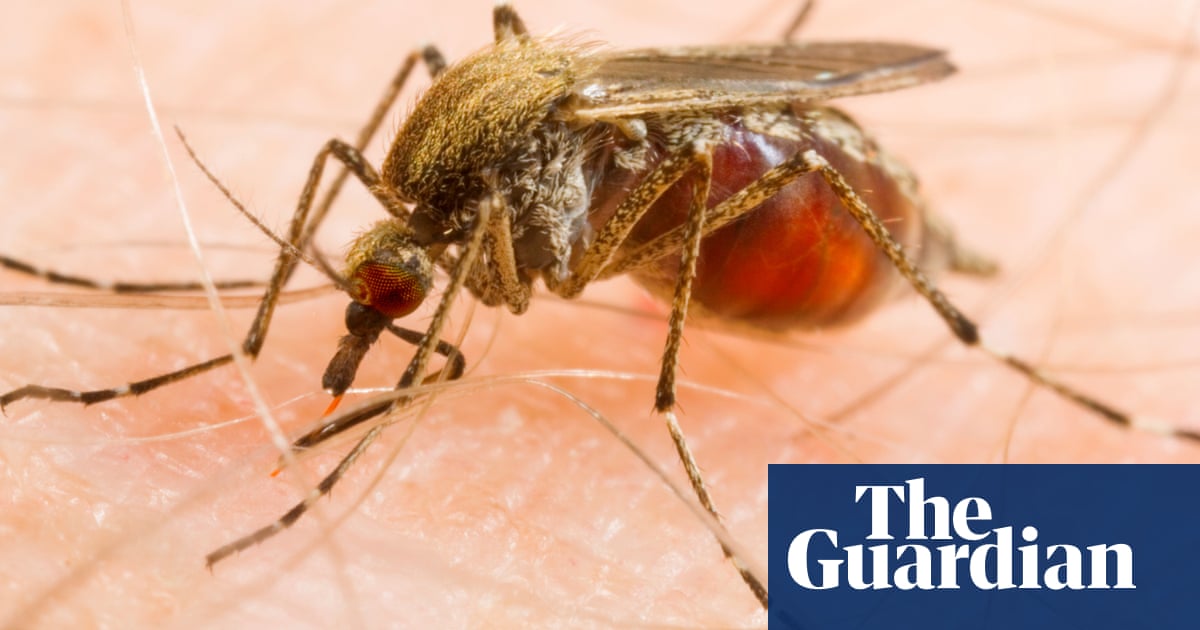Humans may have turned drinking into something of an art form but when it comes to animals putting alcohol away, Homo sapiens are not such an outlier, researchers say.
A review of published evidence shows that alcohol occurs naturally in nearly every ecosystem on Earth, making it likely that most animals that feast on sugary fruits and nectar regularly imbibe the intoxicating substance.
Although many creatures have evolved to tolerate a tipple and gain little more than calories from their consumption, some species have learned to protect themselves with alcohol. Others, however, seem less able to handle its effects.
“We’re moving away from this anthropocentric view that alcohol is used by just humans and that actually ethanol is quite abundant in the natural world,” said Anna Bowland, a researcher in the team at the University of Exeter.
After trawling research papers on animals and alcohol, the scientists arrived at a “diverse coterie” of species that have embraced and adapted to ethanol in their diets, normally arising through fermented fruits, sap and nectar.
Ethanol became plentiful on Earth about 100m years ago when flowering plants began to produce sugary fruits and nectar that yeast could ferment. The alcohol content is typically low, at around 1% to 2% alcohol by volume (ABV), but in over-ripe palm fruit the concentration can reach 10% ABV.
In one study, wild chimpanzees in south eastern Guinea were caught on camera bingeing on the alcoholic sap of raffia palms. Meanwhile, spider monkeys on Barro Colorado Island, Panama, are partial to ethanol-laden yellow mombin fruit, revealed to contain between 1% and 2.5% alcohol. “Evidence is growing that humans are not drinking alone,” the authors write in Trends in Ecology and Evolution.
Whether consumption leads to drunkenness is another question. Tales of inebriated animals are abound, from elephants and baboons drunk on marula fruit in Botswana, to a moose found with its head stuck in a tree in Sweden after chomping on fermented apples. But in none of these cases, at least, was alcohol measured in the animals or the fruit.
Many animals seem to have impressive alcohol tolerance. Despite the “prodigious ethanol consumption” of pen-tailed treeshrews, the scientists found no evidence that the animals became intoxicated, but concede it was “unclear how an inebriated treeshrew would behave”.
Animals that regularly eat fermented foods tend to metabolise alcohol rapidly, sparing them its worst effects. But some creatures encounter ethanol less often and can suffer the consequences. Tests on Cedar waxwings, which died from crashing into fences and other structures, found they had been flying under the influence after gorging themselves on the over-ripe berries of the Brazilian pepper tree. “Inebriation is not beneficial in an environment where you are fighting to survive,” Bowland said.
Perhaps the most striking effects of alcohol are seen in insects. Male fruit flies turn to alcohol when they are rejected as a mate, while females of a closely related species become less picky about their mates and have sex with more males after imbibing. Fruit flies lay their eggs in ethanol-rich foods, protecting them from parasites.
Earlier this month, researchers led by Eran Levin at Tel Aviv University found that oriental hornets may be the only animals capable of consuming an unlimited amount of alcohol without suffering ill effects. “They can ingest up to 80% ethanol solution without any negative effects on their mortality or behaviour,” said Dr Sophia Bouchebti, an author on the study.
“Aside from the fruit fly, aye aye and slow loris, it is unclear if animals prefer ethanol-containing food,” said Matthew Carrigan at the College of Central Florida, who worked on the review with Bowland. “One of our next steps is the test whether animals in the wild prefer ethanol-containing food or eat it only when ethanol levels are too low to detect or unfermented fruit is hard to find.”

.png) 2 months ago
18
2 months ago
18













































